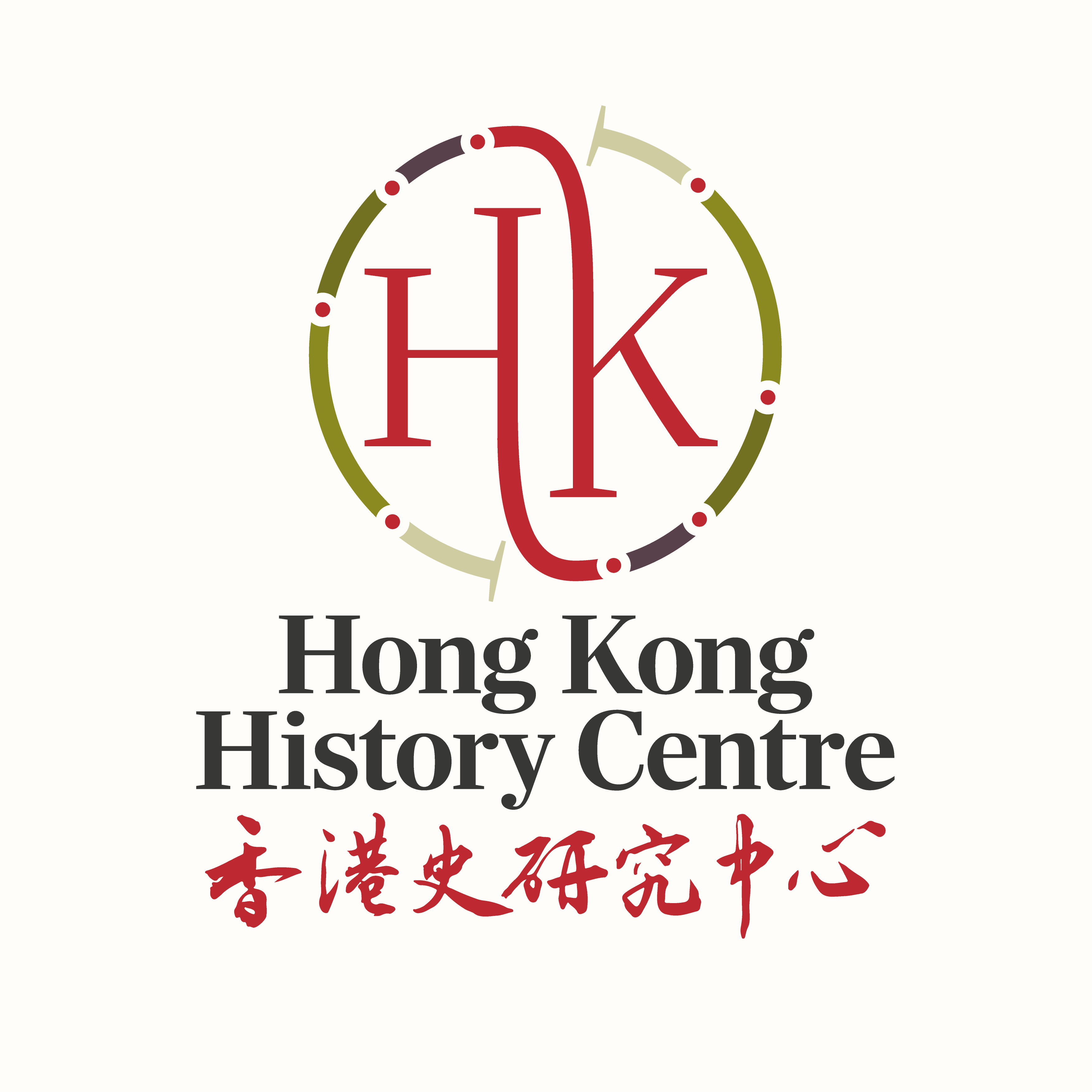
好消息 -布里斯托大學將設立全球首個香港史研究中心!
布大的香港歷史研究計劃致力推動香港歷史研究,於過去七年,我們籌辦及支援了數個於香港、英國及加拿大舉辦的學術研討會,亦積極與國際學人交流;計劃同時贊助及支持了七位博士生及四位博士後研究員的研究工作。我們的成員及畢業生發表了多篇學術論文,也出版了兩本專著,而另有兩本專著及多項研究成果即將面世。他們分別在英國、香港等地就職,擔任博士後研究員、講師、及助理教授等職位。
未來數月,我們將埋首設立香港史研究中心。中心將會繼承香港歷史研究計劃的使命,同時開展新項目,致力與國際學人及機構攜手合作,為香港史研究帶來更多的貢獻。中心的首屆博士生已開展了他們的研究,我們亦開始了中心數個新職位的招聘工作,以支援中心的新發展。
若想緊貼中心最新動態,請留意我們的社交媒體 - 我們將會在此網頁、Facebook 及Twitter發佈更多新消息!
Coming soon …
Across the next few months we are working on the formal establishment of the world’s first Hong Kong History Centre, here at the University of Bristol. Building on the …
21/11/22
The Covid-19 pandemic disrupted movement between Hong Kong and Macau on a scale unseen since the weeks immediately after the Japanese occupation of Hong Kong in late 1941. During the war years, one of the institutions that enabled communications between …
05/05/22
Dr. Kwong Chi Man is an associate professor in the history department of Hong Kong Baptist University. He specializes in the military and naval history of modern East Asia, particularly from the Sino-Japanese War (1894–95) to the 1970s. He has …
17/09/21
The Hong Kong History project has a 3-year award now open to applicants wishing to embark on PhD research in any aspect of the History of Hong Kong. The deadline for applications is 16th February 2015. We are looking for …
02/01/15好消息 -布里斯托大學將設立全球首個香港史研究中心!
布大的香港歷史研究計劃致力推動香港歷史研究,於過去七年,我們籌辦及支援了數個於香港、英國及加拿大舉辦的學術研討會,亦積極與國際學人交流;計劃同時贊助及支持了七位博士生及四位博士後研究員的研究工作。我們的成員及畢業生發表了多篇學術論文,也出版了兩本專著,而另有兩本專著及多項研究成果即將面世。他們分別在英國、香港等地就職,擔任博士後研究員、講師、及助理教授等職位。
未來數月,我們將埋首設立香港史研究中心。中心將會繼承香港歷史研究計劃的使命,同時開展新項目,致力與國際學人及機構攜手合作,為香港史研究帶來更多的貢獻。中心的首屆博士生已開展了他們的研究,我們亦開始了中心數個新職位的招聘工作,以支援中心的新發展。
若想緊貼中心最新動態,請留意我們的社交媒體 - 我們將會在此網頁、Facebook 及Twitter發佈更多新消息!
Coming soon …
Across the next few months we are working on the formal establishment of the world’s first Hong Kong History Centre, here at the University of Bristol. Building on the …
21/11/22The Covid-19 pandemic disrupted movement between Hong Kong and Macau on a scale unseen since the weeks immediately after the Japanese occupation of Hong Kong in late 1941. During the war years, one of the institutions that enabled communications between …
05/05/22Dr. Kwong Chi Man is an associate professor in the history department of Hong Kong Baptist University. He specializes in the military and naval history of modern East Asia, particularly from the Sino-Japanese War (1894–95) to the 1970s. He has …
17/09/21The Hong Kong History project has a 3-year award now open to applicants wishing to embark on PhD research in any aspect of the History of Hong Kong. The deadline for applications is 16th February 2015. We are looking for …
02/01/15